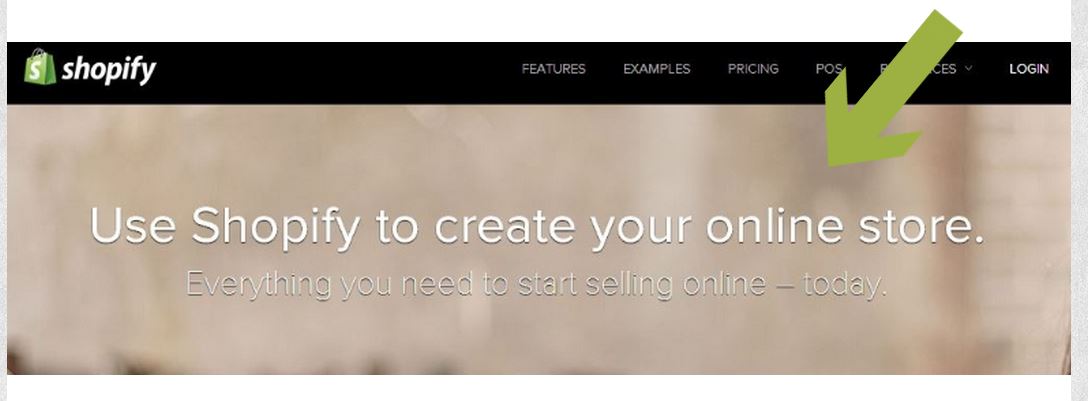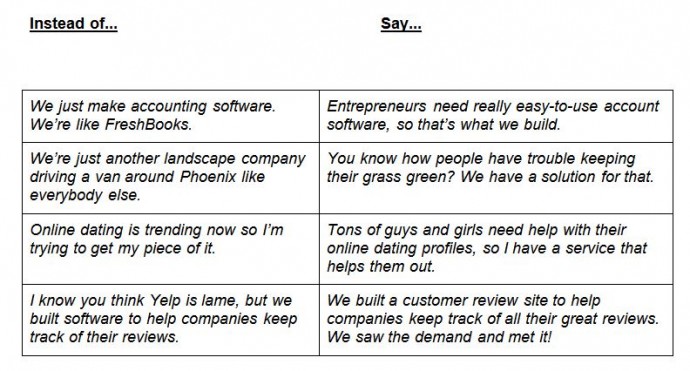Some companies appear to have it all_—_great products and services that make them seem cool, relevant, and hip. It probably hasn't been that long since you saw a Budweiser commercial and groaned about how easy it is for their team.
Not every business is flashy and glamorous like The Bellagio or Lamborghini. Tons of companies focus on everyday problems rather than flashy ones. Heck, we make a phone system.
But just because you’re creating financial software, doing landscaping, running a fitness center, or selling medical devices doesn’t mean you can’t build an exciting company. Just because your industry is boring doesn’t mean your business has to be too.
You started your business because you believed in what you could do and knew you could help solve a problem. So what’s the next step? Get good at pitching your product or service.
Here's what we'll cover:
Wait, What’s a Pitch?
If you look up “pitch” in the dictionary, you’re sure to get overwhelmed.

Ah! Way too much. Let’s make it simple:
Pitching is all about the way you talk about what you do.
You might be pitching your product to:
-
Prospective customers (to buy from you).
-
Friends and family (to get support).
-
Prospective employees and freelancers (to work for you).
-
Reporters and bloggers (to write about you).
-
Potential investors and startup incubators (to fund and mentor you).
-
Anyone on the street (to practice pitching and to spread the word).
If you’re going to get the word out about your business, you’ve simply got to nail down your pitch. And when you’re creating and crafting it, you’ve got to know what problems people are trying to solve and how you can help make their lives easier.
You Can’t Believe it’s Boring
If you or the people you work with think your offerings are boring, then it’s going to be hard to convince someone else your business is worthwhile.
You’ve also got to be positive. Don’t introduce the product with its negative qualities.
If you’re at a family barbecue, a networking event, or around the office, you need to get used to talking about your product as if it’s the greatest thing since sliced bread.
If you’re not excited about it, then how can you expect someone else to be?
Be Clear
How many times have you met someone and left the conversation confused about they do?
If someone visits your website or has a conversation with you, and they don't understand exactly what you offer, that’s an issue. This is known as a value proposition.
Shopify, a platform that allows users to create their own online stores, has a few simple words on their homepage that gets the message across succinctly and clearly:

Superior Seal Coating, a Philadelphia-based company, also makes it clear what value they offer:

And a bad example? Just think about Yahoo. They used to be a top search contender, but the past few years have been checkered with confusion. Back in 2010, ex-CEO Carol Bartz described what Yahoo does unclearly:
Yahoo is a company that is very strong in content. It’s moving towards the web of one. We have 32,000 variations on our front page module. We serve a million of those a day. It’s all customized. Our click-through rate went up twice since we started customizing this. People come to check the things they like. It’s a place where you can just get it together. Yahoo is one site people always stop at.
What does all that even mean? What are Yahoo’s customers trying to do? How is Yahoo helping them to accomplish this goal?
Don’t be Carol Bartz. Be clear about what you offer. What do your customers want to accomplish? and how do you help them achieve it? These questions should be answered easily and quickly whenever you’re talking about your company.
The Crux is Creativity
So, how do you pitch your (boring) products or services? The crux of it all is creativity. Talk and write about your business in interesting ways. Come up with crazy PR stunts. Find enchanting ways to tell your story.
You’ll be exercising your creative muscles, making your company, products, and ideas seem a lot less boring.
Creativity is great, but if you’re not showing your value, then all the creativity in the world can’t bring you to the top. You need a tangibly great product or service.
A lot of companies worry they won’t be taken seriously if they’re kooky. Showing your value always comes first. The challenge is to show your value in a creative way.
A great example of this is Dollar Shave Club’s famous videos. The videos are funny and crazy, but they’re also pitches to potential customers. They explain the value of their products in an amusing way. Sure, their audience is consumers, but it doesn’t matter.
We’ve also got a customer who figured out how to perfectly marry creative and practical in a pitch:
What a pitch!
Prioritize Relationships (Don’t Be So Sales-y)
How many times have you received an email or phone call from a salesperson or recruiter? Probably more times than you can count. Ever notice how you get less and less interested as they keep pestering you?
Now, this isn’t to say that all salespeople do this (they don’t), but the point is to make sure you’re doing the sort of pitching that rubs people the right way. Prioritize the relationship with the person you’re reaching out to.
You’ve got to make it clear that you’re giving this person something they need. You’ve got to make it clear that you’re giving them a solution to a real problem of theirs. Make it about them, not you.
Instead of going for a sale and nothing else, see if there’s any common ground. Even if some of the people you reach aren't interested in buying your product, they might be able to help you in another way or you might be able to help them! When it comes time for them to hire or recommend someone in your field, they’ll think of you.
Tell Your Story (but Know When to Let Your Product Do the Talking)
Get great at telling your company’s stories. Don’t just talk about what you do and how you came to be, but also get ready to talk about what you know and how you learned it. Reporters are interested in information that can help other people.
A word of caution. You don’t need some entrepreneurial whiz story about how unique you are. Learning how to be a good storyteller just helps you talk to people. Don’t tell a story just to tell one- tell it to keep people engaged. Use anecdotes as you’re pitching.
Jeff Haden, contributor to Inc., warns that one of his biggest peeves is when people try to pitch him with uniqueness.
“There are thousands of Ramen noodle stories. There are thousands of 3 a.m. ‘Eureka!’ stories. There are thousands of maxed-out credit cards, relatives won’t return your calls, last-minute financing savior stories. Your story is deservedly fascinating to you, because you lived it, but to the average reader your story sounds a lot like every other entrepreneur’s story. Claiming your story is unique creates an expectation that, if not met, negatively impacts the rest of your pitch.”
- Jeff Haden, How to Pitch: 6 Things You Must Know
You’re better off telling stories about what your business has done for people, rather than how you came up with your idea. Ideas are cheap. They’re not special. Everyone, even people who don’t execute their ideas, wakes up at 3 a.m. and says “This is the best idea ever!”
Quick rule of thumb: Any media outlet that will do a story based on a crappy pitch is a media outlet that will get you crappy exposure.
-Dharmesh Shah, co-founder of HubSpot.
The special and unique part is what happens after the product is built and what you’ve learned along the way.
Don’t Compete. Do it Differently.
There’s an example in Buzzmarketing by Mark Hughes that truly embodies how doing something differently can set you apart and get results. The story goes like this:
Dr. Greenfield is a chiropractor, not the CEO of Facebook, but he was able to get people pitching for him--and you can too.
And here’s the cool part. When Greenfield Family Chiropractic grew to an enormous size, Jeff left the biz to pursue entertainment marketing. He was able to build a successful practice AND find a new career.
What About the Elevator Pitch?
The idea of the elevator pitch is that you could tell someone what your company does during a quick elevator ride. You’ve got to have one of these - and you need a good one.
You should be able to tell someone what your company does in the time it takes to get from floor 1 to floor 2, not from floor 1 to floor 5.
Wind up your arm and ... PITCH!
Crafting the perfect pitch is about much more than convincing people to buy your product. The way you talk about your business can help you build an empire, a place where your company reigns supreme.
A pitch embodies how you talk about your business, craft your story, and gush about what you do. To us, pitching a product or service is much more than a 60-second rap about what you can offer. Be creative, clear, transparent, and human-- that’ll make you pitch-happy, no matter your product or service.


